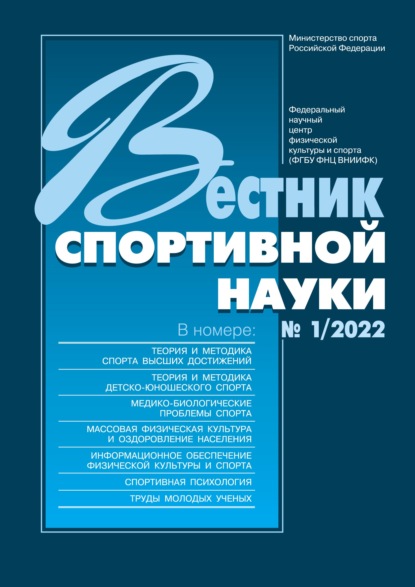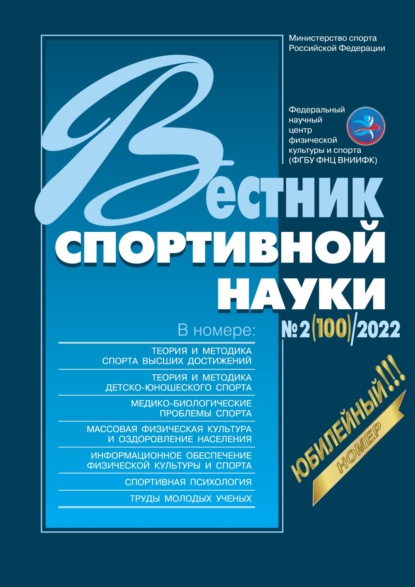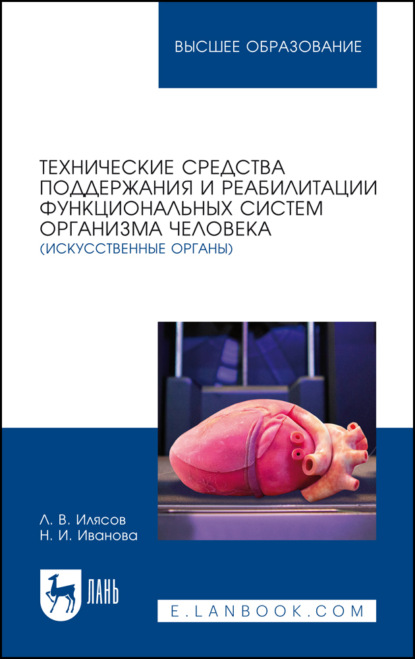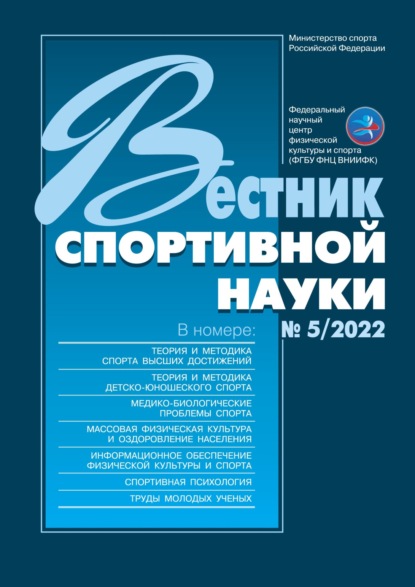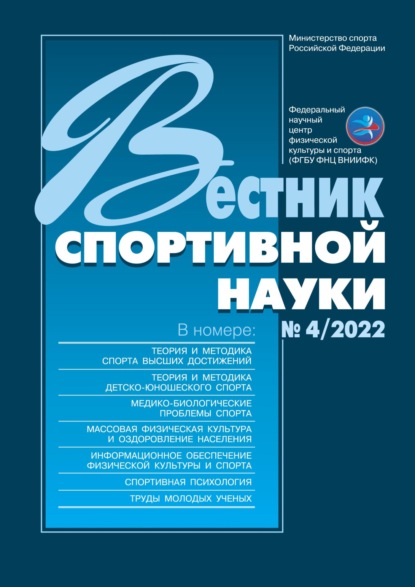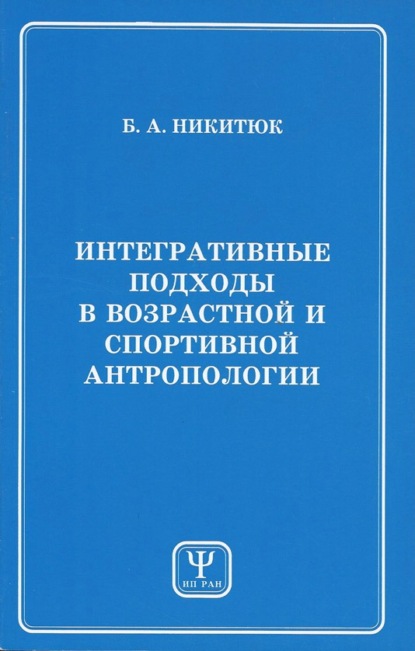Prof Jacobo de Uña-Álvarez - The Statistical Analysis of Doubly Truncated Data
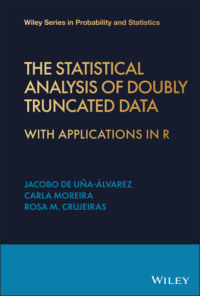
[b]A thorough treatment of the statistical methods used to analyze doubly truncated data[/b] In [i]The Statistical Analysis of Doubly Truncated Data,[/i] an expert team of statisticians delivers an up-to-date review of existing methods used to deal with randomly truncated data, with a focus on the challenging problem of random double truncation. The authors comprehensively introduce doubly truncated data before moving on to discussions of the latest developments in the field. The book offers readers examples with R code along with real data from astronomy, engineering, and the biomedical sciences to illustrate and highlight the methods described within. Linear regression models for doubly truncated responses are provided and the influence of the bandwidth in the performance of kernel-type estimators, as well as guidelines for the selection of the smoothing parameter, are explored. Fully nonparametric and semiparametric estimators are explored and illustrated with real data. R code for reproducing the data examples is also provided. The book also offers: A thorough introduction to the existing methods that deal with randomly truncated data Comprehensive explorations of linear regression models for doubly truncated responses Practical discussions of the influence of bandwidth in the performance of kernel-type estimators and guidelines for the selection of the smoothing parameter In-depth examinations of nonparametric and semiparametric estimators Perfect for statistical professionals with some background in mathematical statistics, biostatisticians, and mathematicians with an interest in survival analysis and epidemiology, [i]The Statistical Analysis of Doubly Truncated Data[/i] is also an invaluable addition to the libraries of biomedical scientists and practitioners, as well as postgraduate students studying survival analysis.
